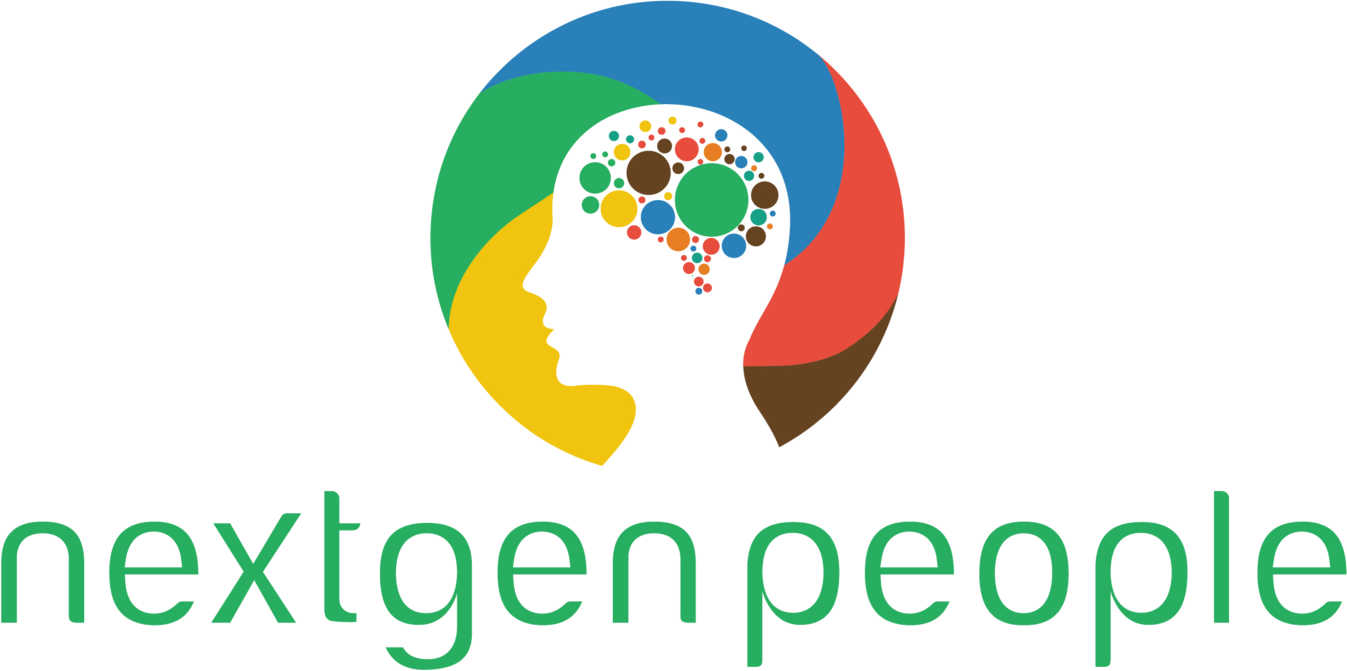HR AI Series Part 2: Talent Acquisition - Candidate Screening
Good day!
We are continuing our AI (Artificial Intelligence) series in HR, and in that respect, we're still on talent acquisition. While we talk about talent acquisition, we are digging deeply into every solution. As I mentioned before, I'm not going to discuss specific tools; we will focus on the solutions and the pros and cons overall, without mentioning brands.
Today, in our journey through talent acquisition and our AI and HR series, we are focusing specifically on using AI for candidate screening. We’ve talked about video interviewing and the difference between data-driven versus data-informed decisions, and now we’re discussing the use of AI in candidate screening.
As I like to do, we’ll start with the cons, always beginning with the negatives and ending with the positives.
Cons of Using AI to Screen Candidates:
Algorithmic Bias: There is always a risk of bias in the algorithm used in AI. Since humans are the drivers of artificial intelligence, the information entered is ultimately from human beings. This can introduce bias into the AI system.
Overreliance on Quantitative Metrics: When we look at computers and how they’re programmed, it becomes a numbers game. While metrics are important, we need to remember that context matters just as much. There is a risk of relying too heavily on quantitative outputs from the AI in candidate screening.
Lack of Human Touch: AI lacks the perception and personal touch that can be essential in screening candidates.
Ethical and Legal Concerns: AI is powerful but also relatively untested compared to human experience, which leaves it vulnerable to liabilities, especially in places like the United States.
Technical Glitches: AI technology isn’t perfect. Glitches can occur, which may lead to imperfect results.
Upfront Costs: While we’ll discuss potential cost savings in the pros, there are upfront costs involved in implementing AI solutions in our organizations. Initial investments are necessary to acclimate these systems into our respective cultures.
Now that we’ve addressed the potential challenges, let’s discuss the pros of using AI for screening candidates:
Processing Larger Volumes Quickly: AI can process larger volumes of candidates far more quickly than humans, which is a significant advantage.
Reducing Human Bias: While there is a risk of algorithmic bias, using AI allows us to reduce human biases, especially if we are intentional about reviewing how we use AI and setting parameters to mitigate biases.
Enhancing Accuracy: AI can enhance accuracy in screening candidates by using formulas and technology to evaluate in a consistent and standardized way, reducing subjectivity.
Improving Candidate Experience: AI can improve the candidate experience by providing accessibility. Candidates can ask questions anytime, and AI can respond with standardized information, ensuring everyone receives the same answers.
Predictive Analytics: AI can provide predictive analytics, not only screening candidates for specific roles but also predicting how a candidate might behave in certain contexts, such as the likelihood of accepting an offer.
As with any AI tool used for screening candidates, it’s important to follow up and provide the human touch to supplement the AI's findings.
I hope you find this information beneficial! If you did, please don’t hesitate to like and share it with colleagues or friends. Have a great day!

